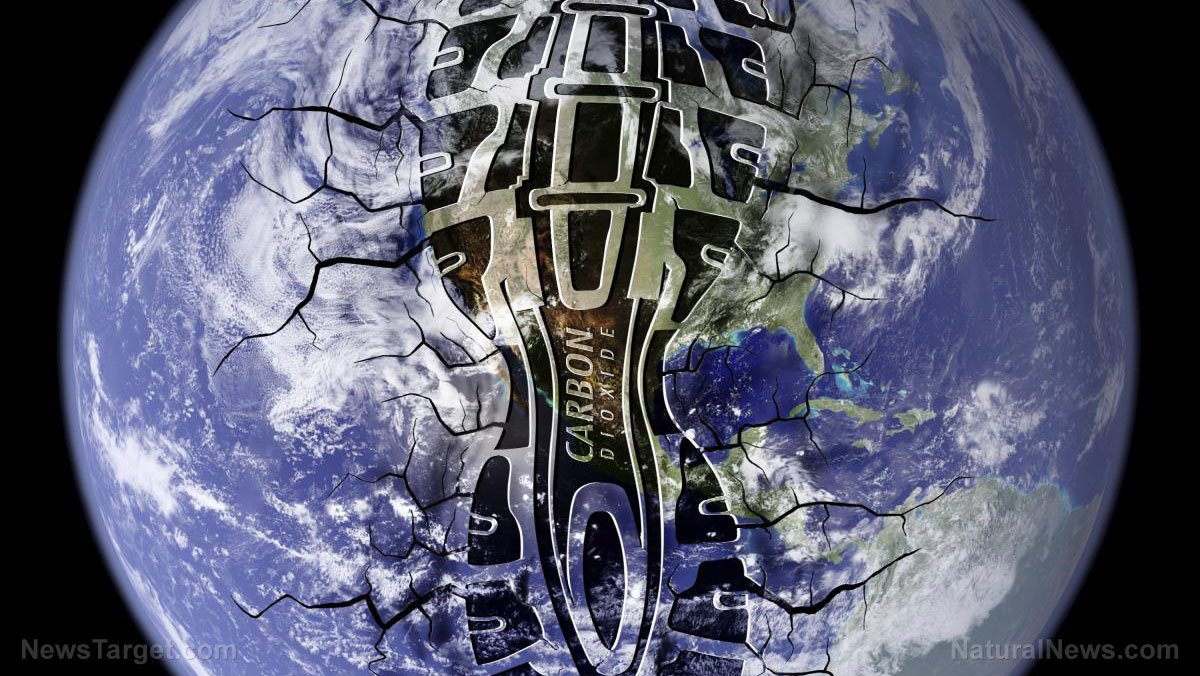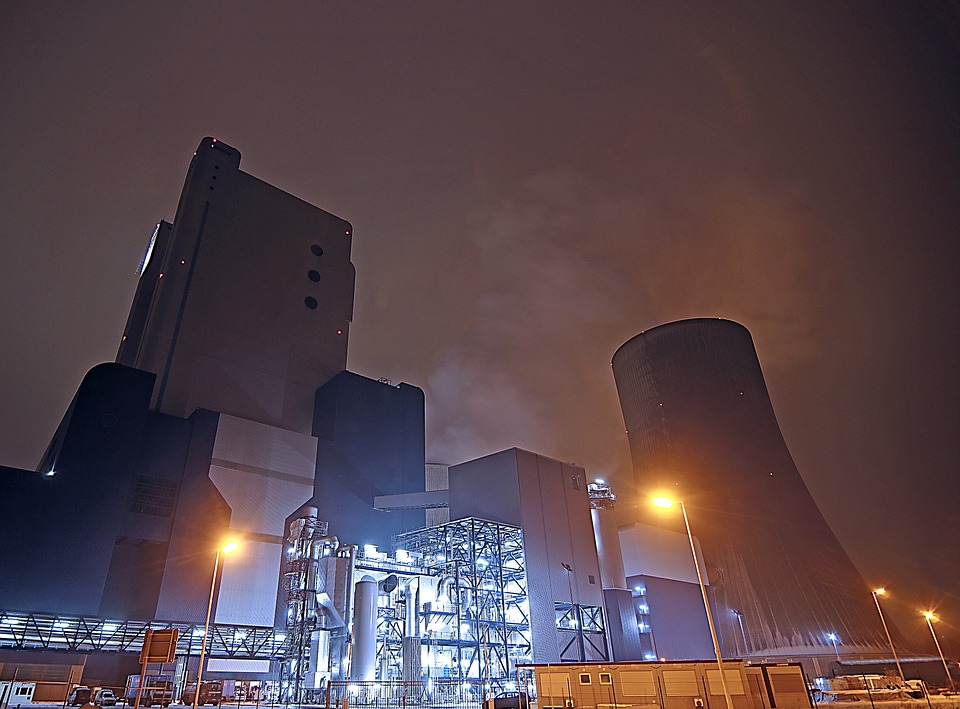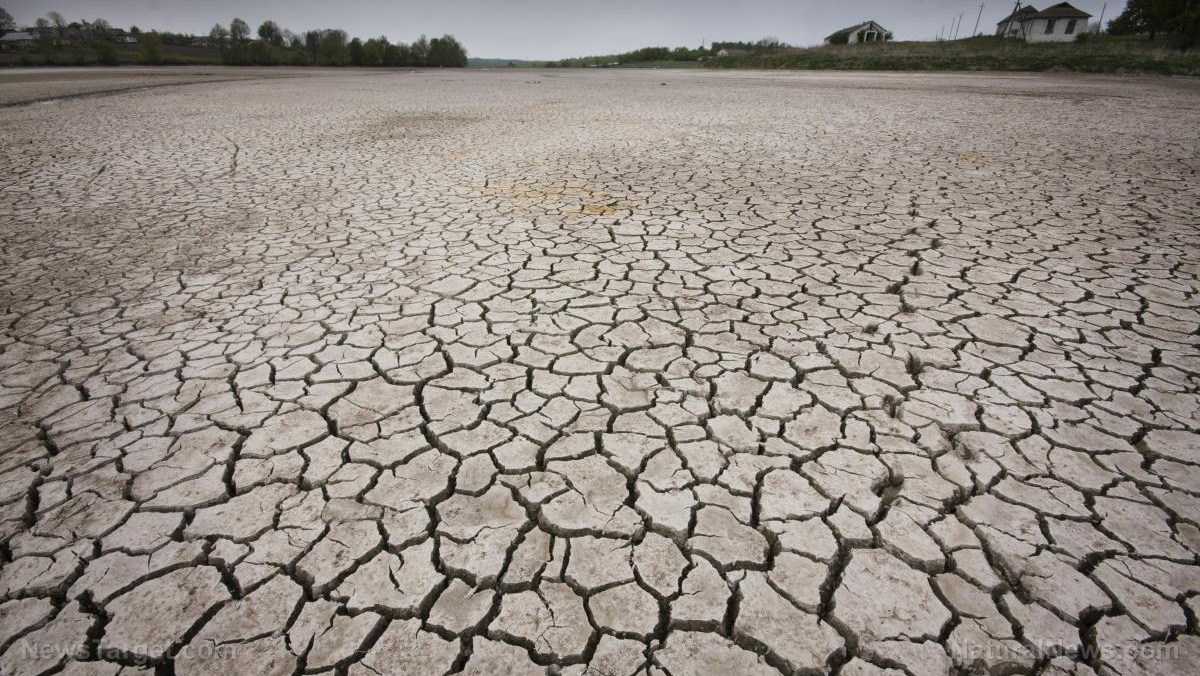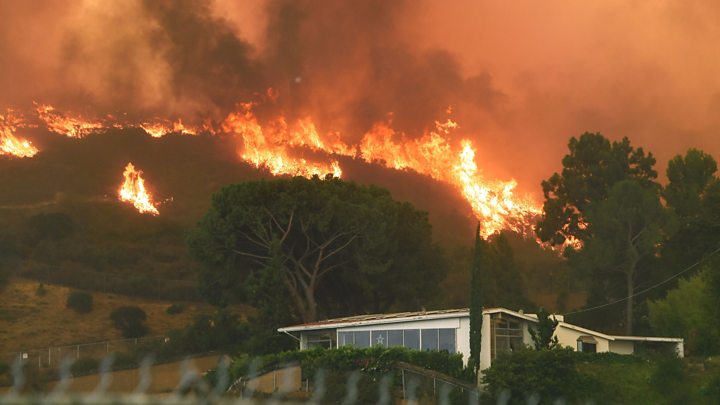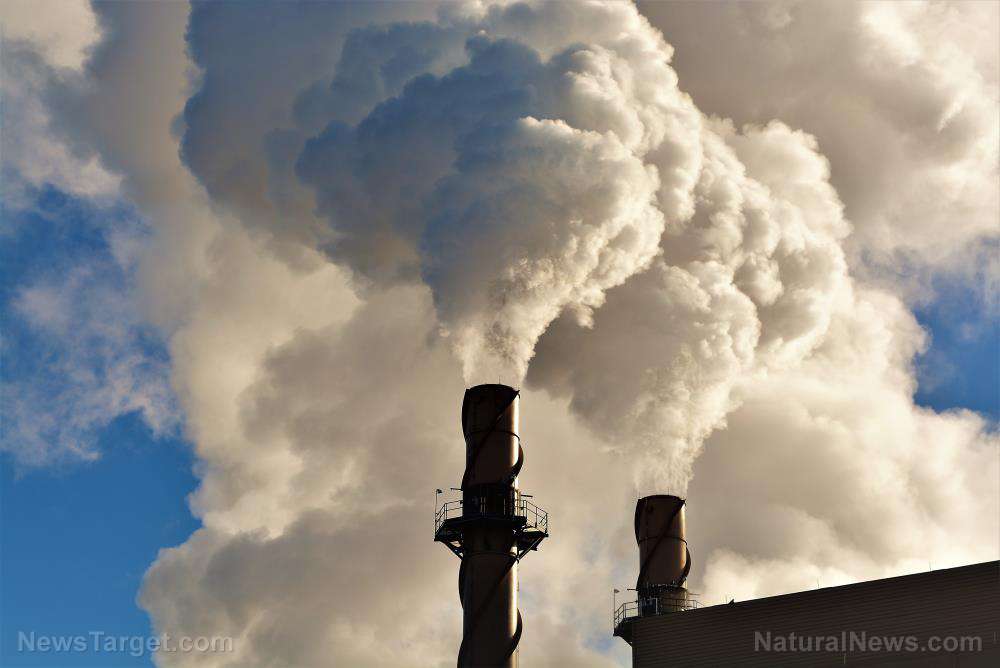Economy first: China’s economic planners limit initial scope of national carbon emission trading system
06/29/2021 / By Nolan Barton

Officials at China’s National Development and Reform Commission (NDRC) – the country’s main economic planning agency – have limited the initial scope of a national carbon emission trading system that will be launched by the end of June.
The basic structure and relevant regulations of the carbon emission trading system have been completed. Live tests involving more than 30 Chinese enterprises have been conducted to ensure the national carbon trading scheme will be ready for public use at the time of launch.
The major goal of the carbon market is to serve companies to reduce carbon emissions, so companies are able to reduce emissions at a lower cost with a market-oriented mechanism.
China’s Ministry of Ecology and Environment (MEE) issued three regulations on May 19 to further standardize the registration, trade and carbon emission rights. The country unveiled plans for a national carbon trading market in a push to cut greenhouse gas emissions in 2017.
The carbon emissions scheme is expected to expand to more industries and adopt stricter caps in the future, although the timing and scope haven’t been determined yet.
But people familiar with the matter said that China’s top economic planners have put the brakes on attempts by environmental officials to reduce carbon emissions. This is because driving growth takes priority over meeting climate targets for now.
China’s economic planners in charge of drafting carbon road map
The economic agency has also gained the upper hand in negotiations over drafting a detailed road map to Chinese President Xi Jinping’s pledges to achieve a peak in carbon dioxide emission before 2030 and net zero emissions by 2060. The NDRC sets China’s energy and emissions targets instead of the MEE.
In October last year, Vice Premier Han Zheng initially called for environmental officials to accelerate the launch of a national carbon market and formulate a carbon road map. But in March, when China’s cabinet enumerated the bodies charged with drafting the road map, the economic planning agency was listed first – not the environmental ministry.
China also set up a group of high-level party members in May to cut across bureaucratic structures, issue guidance and oversee the road map. Three out of the five members of its leadership were senior economic advisers.
The initial rules for the emissions trading system, released by the environmental ministry in December of last year, are more limited than initially proposed.
The scheme will involve only about 2,200 companies in the power sector, which is responsible for an estimated 30 percent of China’s total emissions, instead of the 6,000 companies from eight sectors that were in the initial proposal.
Rather than the absolute caps on emissions proposed by environmental officials, Chinese companies will start off with relative allowances – using benchmarks based on previous years’ performances. (Related: Companies worldwide make conscious effort to produce “green” concrete products.)
According to people familiar with the matter, economic planners have weakened the provisions of the scheme behind the scenes, fearing their potential impact on growth.
Actions speak louder than words
China’s actions contradict the carefully crafted narrative the country has been telling the world recently.
John Kerry, the Biden administration’s special envoy on climate change, said in April that his meetings with his counterparts in Shanghai were productive. He added that the two sides discussed the possibility of China “enhancing” the commitments made by Xi.
During his time in Shanghai, Kerry met face-to-face with China’s special climate envoy Xie Zhenhua and talked to Han by video link. Kerry said that the Chinese delegation underscored that the climate issue must “be addressed with urgency.”
Following Kerry’s visit, the MEE posted on its official WeChat account that “China and the United States will strengthen cooperation and work together with other parties to address the climate crisis.”
Follow CarbonDioxide.news for more news and information related to carbon emissions and climate change.
Sources include:
Tagged Under: carbon emission, carbon market, carbon road map, carbon trading, climate change, climate crisis, climate issue, economic advisers, economic planners, emissions trading system, Greenhouse Gas, greenhouse gas emissions, market-oriented mechanism, power sector, Xi Jinping
RECENT NEWS & ARTICLES
COPYRIGHT © 2017 CLIMATE ALARMISM NEWS





